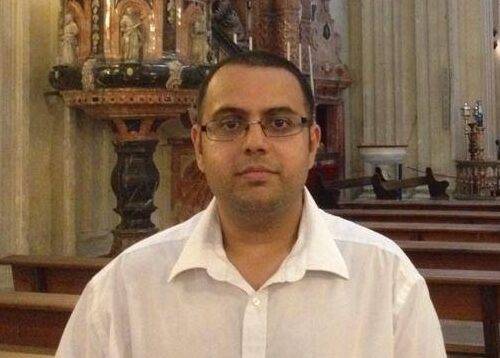Astrology is seen today as something fun that some people are interested in, it is often seen as the opposite of science and not taken very seriously by governing authorities. This has not always been the case. In the Ottoman Empire astrology was part of statecraft with the royal court of the sultan having an official position for an astrologer. A. Tunc Sen’s new book Forgotten Experts: Astrologers, Science, and Authority in the Ottoman Empire 1450-1600, explores the world and impact of the Ottoman court astrologers in the 15th and 16th centuries. Called munajjims, the astrologers were at the heart of political and scientific debates and endeavours of their day. The importance of munajjims grew after Mehmed II’s conquest of Constantinople – modern-day Istanbul – in 1453. As Mehmed sought to create a powerful and professionally run empire, he brought in experts from different fields to join his court including astrologers. Mehmed’s son, Bayezid II, massively expanded, funded, professionalised and institutionalised the role of munajjims and “a discernible administrative position for munajjims, almost an office, surfaced within the nascent Ottoman court bureaucracy and remained intact for over four centuries until the empire’s official demise after World War I,” Sen explains.
In a premodern context, the relationship between astrology, science and authority was a lot more blurred than it is today. Part of the problem that Şen is pushing back against is this general tendency to ignore or marginalise the history of astrology and the tendency to downplay the history of science in the Ottoman Empire. Up until the 1980s, the dominant view among historians and scholars was that nothing of any scientific note happened during the reign of the Ottomans, after the fall of Baghdad in 1258 to the Mongols, science ceased to be in Islamdom. In the 1980s, a new generation of scholars emerged that challenged the golden age myth and the decline narrative and produced many valuable works, but one of the problems these thinkers had was they inherited many of the contemporary prejudices about what science is and so when they pushed back on the decline thesis, they tended to privilege writing about things that fit our assumptions about what science is. Astrology did not fit this pattern and so was left out by these scholars. The trouble is the distinction between astrology and astronomy was not so clear cut in Ottoman times, patronage of astrology also meant the expansion of things that we would consider science today, according to Sen. “Munajjims possessed technical proficiency in mathematics and astronomy, which they applied in their practice of astrology.” Indeed, many of the empire’s scientists also identified as astrologers and one of the perks of being institutionalised in the royal court was access to the imperial libraries containing books on the latest research into astral sciences, medicine and mathematics.
In June 1550, Suleiman the Magnificent opened the Suleymaniye Mosque with a large crowd coming along to see the first foundations being laid out. The moment the mosque’s foundations began being built was picked by astrologers as being auspicious and it demonstrates the extent to which the state used astrology for policy making. However, astrology did not always have an easy time as its importance depended on the times and the ruler. In 1580, Istanbul’s astral observatory was “bombarded with cannonballs fired from the seaside by the forces of the grand admiral,” as a result of orders issued by Murad III. The destruction of the observatory, where the movement of the stars and planets were documented, followed a fatwa or religious edict by Shaykh Al-Islam Kadizade Shemseddin that “no country in the world that harboured an observatory and dared to scrutinise celestial spheres.”
While the destruction has sometimes been held up as proof of the Ottomans’ anti-scientific attitude that proves the decline thesis, the story is more complex than that. The irony is the observatory was built by Murad III after his chief astrologer asked him to build it so that he may embark on scientific endeavours. The attack likely had more to do with how astrology specifically, rather than science generally, was perceived.
Forgotten Experts equips us with some of the tools to grapple with the role of astrology in Ottoman history. They were seen as experts and, despite their importance to Ottoman authorities, were often mired in controversies and did not necessarily enjoy universal approval. Indeed, they were often unwelcome experts, according to Sen. Often they were lumped together with magic by opponents and distinctions between them and what is termed exact science were made by those who opposed them. Forgotten Experts reminds us that the pre-modern world was lively and not static, the debates around astrology suggest contention, experiment and that anything could come under question. The book is a much needed delve into a forgotten history that is key to understanding and unlocking the past.









